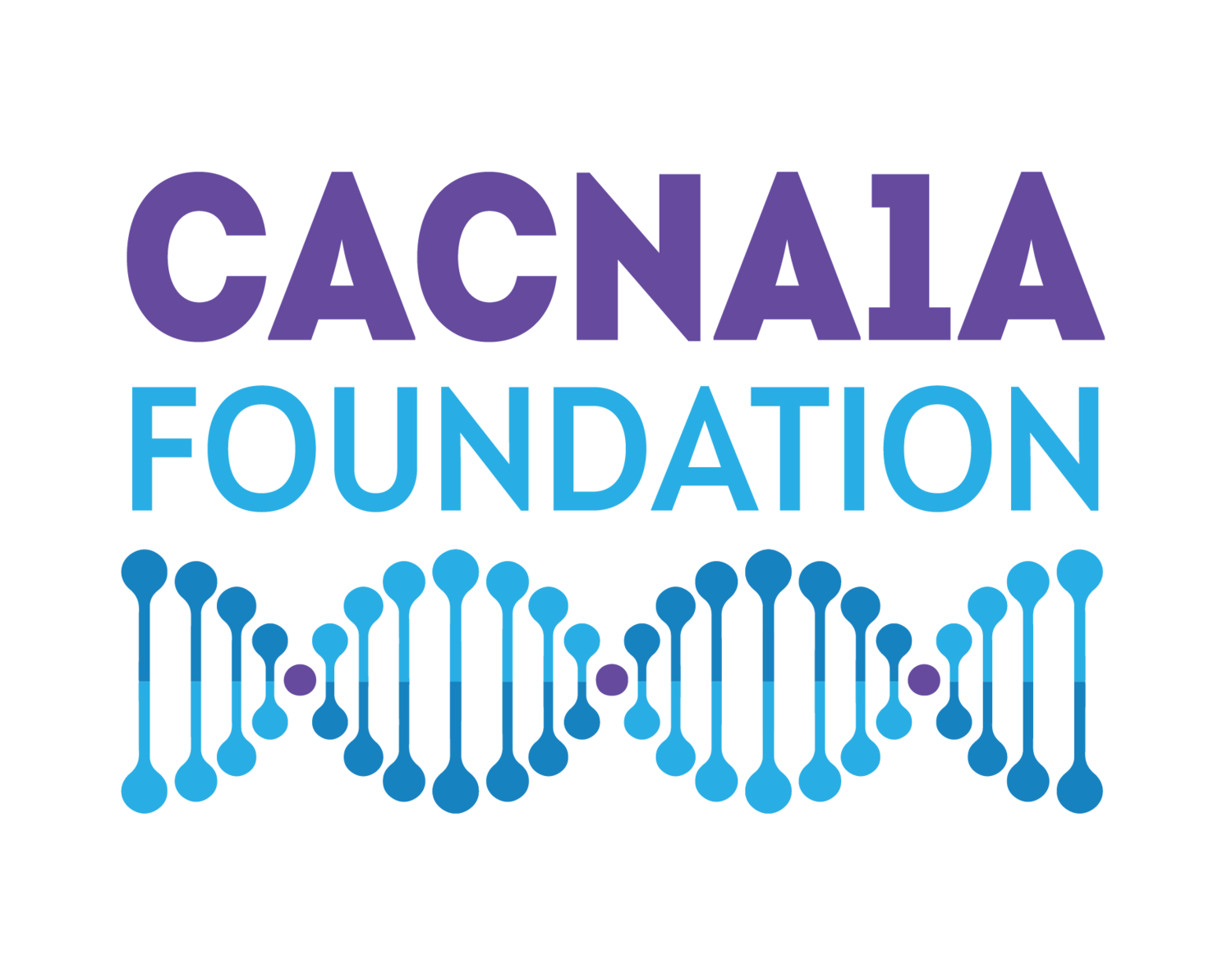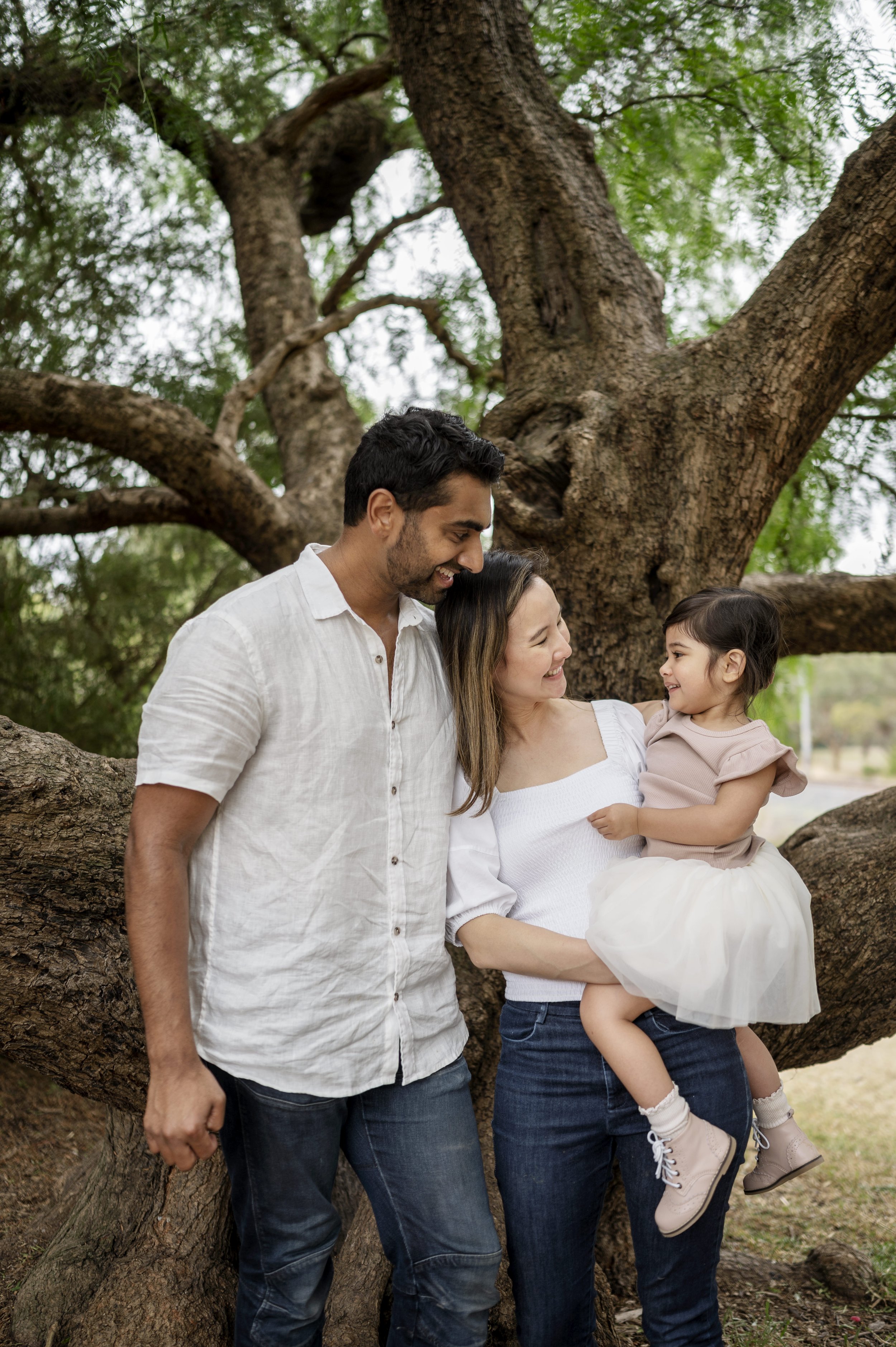Elise’s Story
Our first child Elise was born in February 2019. Our family comprises Mum (Christina), Dad (Chris) and Elise who is 3.5 years old. We live in Melbourne, Australia.
Elise is a happy girl who loves reading books, Emma Wiggle, Peppa Pig and ballet. She loves everything PINK, especially her pink bunny. Much to our consternation, she is a very fussy eater but she can always find room for chocolate 😊 (we think she gets this from her Dad).
Elise is the centre of our lives and brings joy to so many, especially her grandparents. Seeing her miss milestones has taught us so much about patience, empathy and living in the moment.
History
Preparing for our first child, our friends would jokingly tell us we would never sleep again. But Elise was a great sleeper once she actually fell asleep. She was an easy-going baby and for the first 8 months, we kept busy changing nappies, washing bottles and learning how to implement the perfect routine.
Elise also attended weekly Baby Sensory classes from 9 weeks old. Elise was always the least engaged baby in the class, but we always just put it down to tiredness or that she would just be interested in time to come.
Elise never liked tummy time and by 8 months was still unable to sit up unassisted. She had rolled over a few times and we thought that counted as a milestone being reached. At her 8-month maternal child health check-up, Elise had not met any of her milestones. That was the first time our bubble of pure baby joy burst and we realised Elise was significantly behind developmentally. Of course, we were told “not to worry” by our local nurse, she’s just a little slow with some of her milestones. By age one, she was still unable to crawl and we knew something was wrong. And that set us on a path to do everything we could to help Elise.
Diagnoses
March 2020: Global Developmental Delay
March 2022: diagnosed with CACNA1A (de novo). Variant c.1072G>A p.(Val358Met)
June 2022: first MRI showed diffuse volume loss of the cerebellum
A diagnosis of Global Development Delay at age one allowed us to access early intervention funding in Australia through NDIS, and we kept busy ferrying Elise to physical, occupational and speech therapies.
We hung off every word from our paediatrician, but often with specialist appointments, we had more questions than answers. After asking our paediatrician a number of times, we completed our whole exome sequencing test and in March 2022 Elise was diagnosed with a CACNA1A variant.
We had never heard of CACNA1A (nor had our paediatrician) but after some serious Googling, we started to learn more about the disease and her symptoms all made sense. There was also relief for Mum knowing that Elise’s symptoms weren’t caused by the cocktail she had prior to knowing she was pregnant or the Zofran and Panadol taken during pregnancy.
Elise has significant ataxia, hypotonia and delays in her fine and gross motor skills. She stood independently at 29 months and took her first steps at 31 months. She currently walks with a wide-based stance and is still really wobbly and at risk of falls. But she is determined and we are encouraging her to use her walker as much as possible to gain independence. Elise also has sensory issues, often gets very scared of loud sounds and has trouble eating foods with mushy textures.
Elise initially had a significant expressive language delay and at 18 months only had about 4 words. The Hanen Program – It Takes Two to Talk was foundational for us to help develop Elise’s expressive language. Whilst Elise currently still has some language delay and dysarthria (it sometimes can be hard for even Mum and Dad to understand what she is trying to say), one of her strengths now is her expressive language and communication. She continues to learn new words every day and surprises us with the things she says!
For Those Newly Diagnosed
We had mixed feelings when Elise was first diagnosed with CACNA1A. We were crushed because with her previous diagnosis of ‘Global Development Delay’ we held on to the hope that perhaps she would catch up and everything would be fine eventually. But on the flip side, the symptoms she displayed started to make sense and we were getting closer to finding better strategies to help her development.
We live in Australia where we don’t know any others with a CACNA1A variant. Connecting with the CACNA1A Foundation and meeting other parents fighting the same battles has been truly transformational.
It is important to never stop advocating for your child. Nobody knows your child better than you do. Prepare for meetings with your doctors and therapists and don’t be afraid to ask questions or seek second opinions.
We remain hopeful that together we will achieve a cure for CACNA1A.


